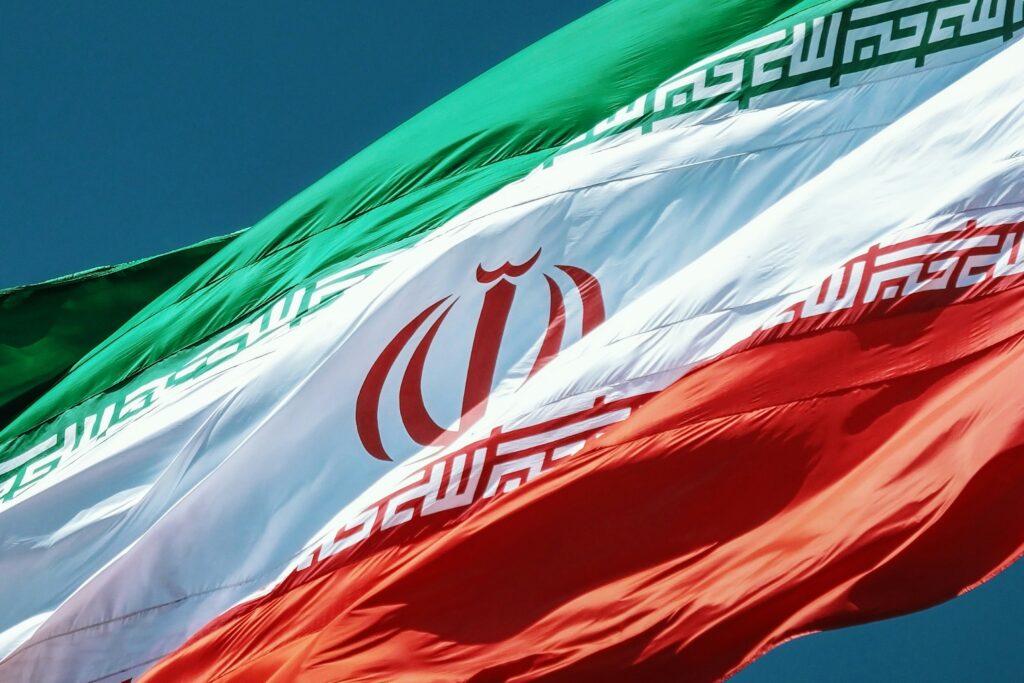We are deeply concerned about the recent interception of Chinese human rights lawyer Li Heping and his family, who were prevented from leaving the country by border police at Chengdu’s Tianfu International Airport on June 9th.
They were subjected to travel restrictions on the grounds that their departure might endanger national security. These restrictions amount to a violation of their right to freedom of movement and raise questions about the legality of such measures.
Li Heping started his human rights work as a lawyer in 2002. He has represented many politically sensitive cases including religious leaders, environmental and community activists as well as campaigned against the use of torture. Li Heping was arrested as part of the ‘709 crackdown’ on 10 July 2015. He spent nearly 22 months in pre-trial detention, including ‘residential surveillance in a designated location’ after which he was convicted in a secret trial to three years imprisonment and a four-year probationary suspension. Mr Li was released from prison on 10 May 2017. Since his release, Mr Li and his family have remained subject to close control and surveillance by state authorities.
We are deeply concerned that Li Heping’s wife and 13-year-old daughter, who were traveling with , also faced travel restrictions and were unable to leave the country. This not only affects their personal freedom but disrupts their education. Li Heping’s 23-year-old son has also experienced delays in his studies as a result.
International human rights law protects the right to freedom of movement. The Universal Declaration of Human Rights (UDHR), Article 13, grants that “everyone has the right to leave any country, including his own, and to return to his country.” The International Covenant on Civil and Political Rights (ICCPR), Article 12, similarly establishes that “everyone shall be free to leave any country, including his own.” The Convention on the Rights of the Child (CRC), Article 10, entreats states to “respect the right of the child and his or her parents to leave any country.” Although China did not ratify the ICCPR, it has signed ICCPR and ratified the CRC, thereby assuming legal responsibilities under international law to protect freedom of movement and it must not act against the purpose of the ICCPR. International human rights norms provide clear guidance relating to China’s obligation to safeguard freedom of movement.
The excessive use and misuse of exit bans in China, as demonstrated in the case of Li Heping and his family and other recent cases of Jiang Tianyong, Guo Feixiong, violate the right to freedom of movement enshrined in international human rights law. Many exit bans are imposed without legal justification, lack transparency in their application, deny recipients due process, and frequently target individuals based on their family, ethnicity, or profession. These exit bans are often used to coerce, punish, and suppress individuals, with no clear legal basis or arguable connection to endangering “national security, public order, public health, or the rights and freedoms of others.” The Siracusa Principles define legitimate national security interest as aiming to protecting the territorial integrity of the nation against the threat of force, such restrictions are neither necessary nor proportionate under international human rights standards.
Freedom of movement restrictions must be legal and specific enough for people to follow. Undefined limitations are illegal. Restrictions must be reasonable and directly related to the protected interest. The UN Human Rights Committee General Comment 27, Article 12 states that freedom of movement restrictions must be lawful, necessary, and proportionate. Specific, personalized, and least intrusive are also needed.
We urge the relevant authorities in China to immediately lift the travel restrictions imposed on Li Heping and members of his family, allowing them to exercise their right to freedom of movement. Furthermore, we call upon the Chinese government to ensure the safety and well-being of Li Heping and his family and refrain from any further actions that may violate their rights or expose them to harm.
The international community must closely monitor the situation of Li Heping and his family and call on China to adhere to its international obligations and respect their rights to freedom of movement. All individuals should be able to exercise their rights without fear of reprisals or arbitrary on restrictions.
The 29 Principles
Monitoring Committee on Attacks on Lawyers
International Association of People’s Lawyers (IAPL)
Leitner Center for International Law and Justice
American Association of the International Commission of Jurists
The Committee to Support Chinese Lawyers
China Change
Human Rights Now
Lawyers for Lawyers
International Bar Association’s Human Rights Institute (IBAHRI)
The Law Society of England and Wales
The Council of Bars and Law Societies of Europe (CCBE)
Lawyers’ Rights Watch Canada
International Service for Human Rights (ISHR)
The Rights Practice




